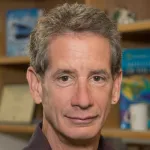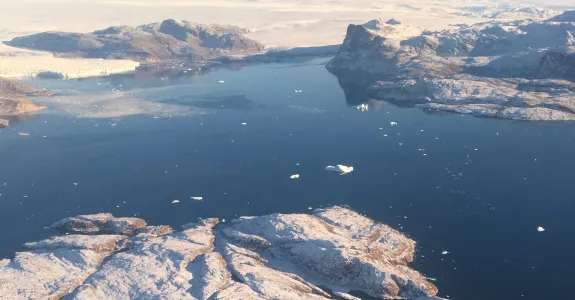
Dr. Kevin Arrigo and his students use a combination of laboratory and field studies, remote sensing, and computer modeling techniques to understand phytoplankton dynamics in regions ranging from the Southern Ocean to the Red Sea. In particular, they are interested in the role these organisms play in regulating the uptake of atmospheric carbon dioxide by the ocean, as well as in how they help structure marine ecosystems. They work with colleagues in fields as diverse as molecular biology, glaciology, and physical oceanography to develop a comprehensive understanding of how these ecosystems operate and how they may respond to environmental changes – past, present, and future.
The overall research theme of the Ocean Biogeochemistry Lab is the cycling of carbon and other materials within marine ecosystems and its exchange with the atmosphere. The group combines laboratory studies and field research with data collected using satellite remote sensing techniques. These research results are synthesized within numerical models which gives them a better understanding of the underlying biogeochemical processes. They can then use these tools to simulate potential effects of for example iron fertilization, global change and stratospheric ozone depletion.


